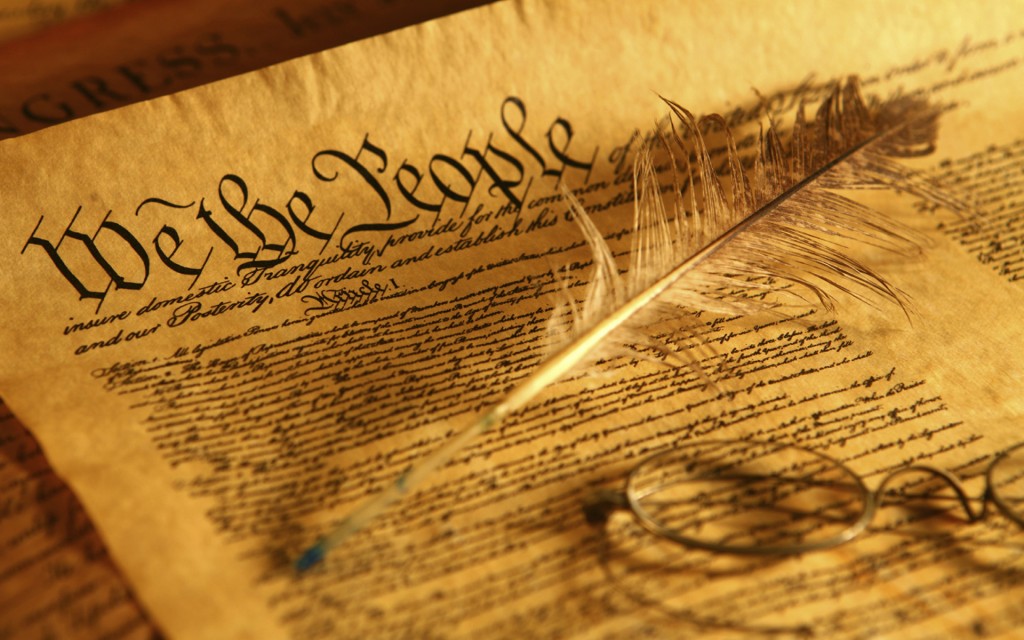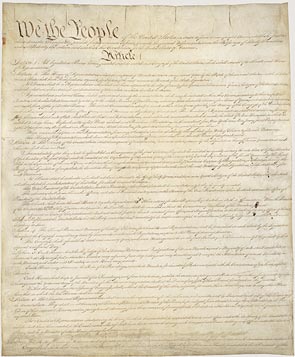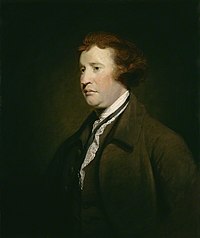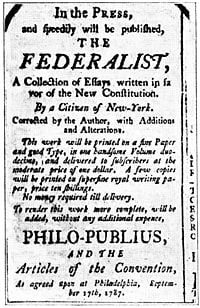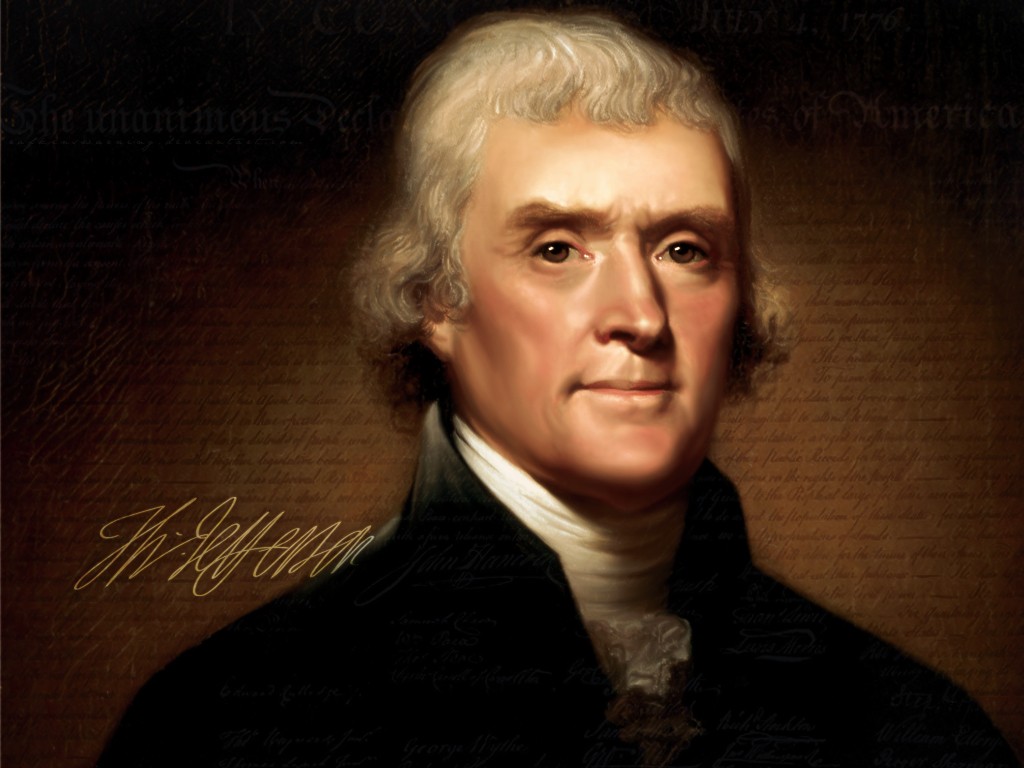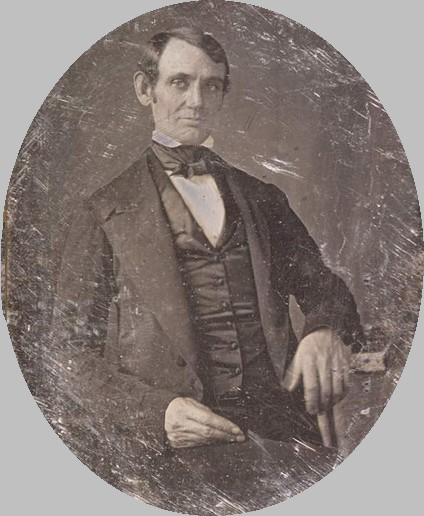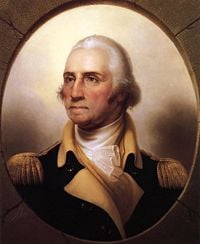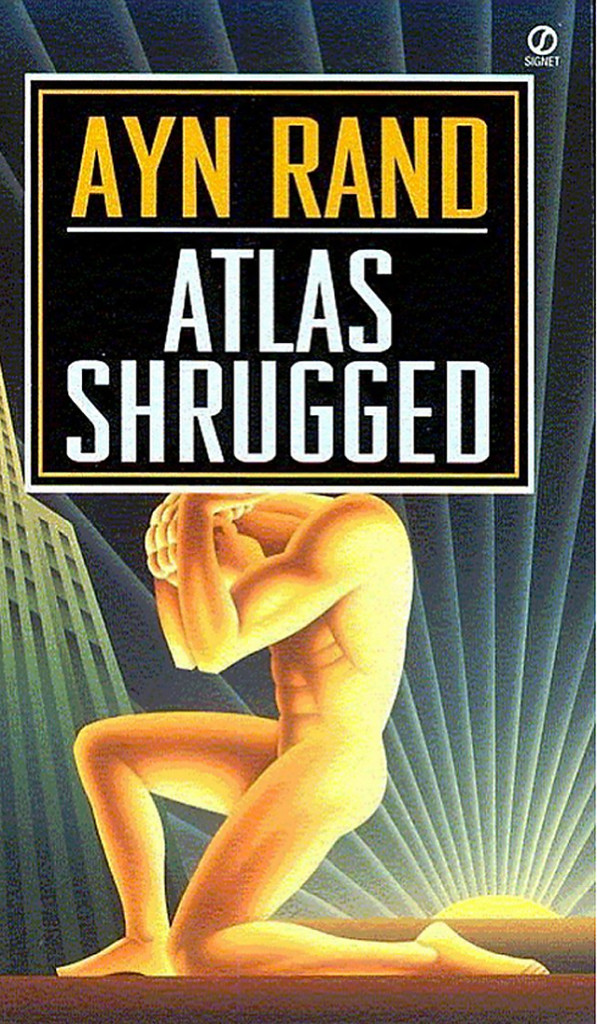We the people of the United States, in order to form a more perfect union, establish justice, insure domestic tranquility, provide for the common defense, promote the general welfare, and secure the blessings of liberty to ourselves and our posterity, do ordain and establish this Constitution for the United States of America.
U.S. Constitution
We the People of the United States, in Order to form a more perfect Union, establish Justice, insure domestic Tranquility, provide for the common defence, promote the general Welfare, and secure the Blessings of Liberty to ourselves and our Posterity, do ordain and establish this Constitution for the United States of America.
Edmund Burke (1729-1797)
Edmund Burke was an Anglo-Irish statesman, author, orator, political theorist, and philosopher who, after moving to England, served for many years in the House of Commons of Great Britain as a member of the Whig party. He is mainly remembered for his support of the cause of the American Revolutionaries, and for his later opposition to the French Revolution.
The Federalist Papers
The Federalist Papers are a series of 85 articles arguing for the ratification of the United States Constitution. They were first published serially from October 1787 to August 1788 in New York City newspapers. A compilation, called The Federalist, was published in 1788. The Federalist Papers serve as a primary source for interpretation of the Constitution, as they outline the philosophy and motivation of the proposed system of government. The authors of the Federalist Papers also used the opportunity to interpret certain provisions of the constitution to (i) influence the vote on ratification and (ii) influence future interpretations of the provisions in question.
Yes, Violence Can be the Answer
It was the body slam heard around the world. When some Australian schoolboys decided to videotape themselves bullying 15-year old Casey Heynes, one of them got more than he bargained for. Casey, who had been pushed around and humiliated for years, responded to a punch in his face and other attempted blows by hoisting his tormentor WWE style and introducing him to the pavement. The result was a video that went viral in a way the bullies had never imagined and for a reason they certainly had never hoped: Casey has become a hero worldwide.
Thomas Jefferson (1743-1826)
Thomas Jefferson — author of the Declaration of Independence and the Statute of Virginia for Religious Freedom, third president of the United States, and founder of the University of Virginia — voiced the aspirations of a new America as no other individual of his era. As public official, historian, philosopher, and plantation owner, he served his country for over five decades.
His father Peter Jefferson was a successful planter and surveyor and his mother Jane Randolph a member of one of Virginia’s most distinguished families. Having inherited a considerable landed estate from his father, Jefferson began building Monticello when he was twenty-six years old. Three years later, he married Martha Wayles Skelton, with whom he lived happily for ten years until her death. Their marriage produced six children, but only two survived to adulthood. Jefferson, who never remarried, maintained Monticello as his home throughout his life, always expanding and changing the house.
Abraham Lincoln (1809-1865)
“I was born Feb. 12, 1809, in Hardin County, Kentucky. My parents were both born in Virginia, of undistinguished families– second families, perhaps I should say. My mother, who died in my tenth year, was of a family of the name of Hanks, some of whom now reside in Adams, and others in Macon Counties, Illinois.”
George Washington (1732-1799)
George Washington (February 22, 1732 – December 14, 1799) was the commander in chief of the Continental Army in the American Revolutionary War from 1775 to 1783, and later the first president of the United States, an office to which he was twice elected unanimously (unanimous among the Electoral College) and held from 1789 to 1797.
Washington first gained prominence leading Virginia troops in support of the British Empire during the French and Indian War (1754–1763), a conflict which he inadvertently helped to start. After leading the American victory in the Revolutionary War, he refused to lead a military regime, though encouraged by some of his peers to do so. He returned to civilian life at his plantation at Mount Vernon, Virginia.
“Atlas Shrugged”-Ayn Rand
Who is John Galt? When he says that he will stop the motor of the world, is he a destroyer or a liberator? Why does he have to fight his battles not against his enemies but against those who need him most? Why does he fight his hardest battle against the woman he loves?
